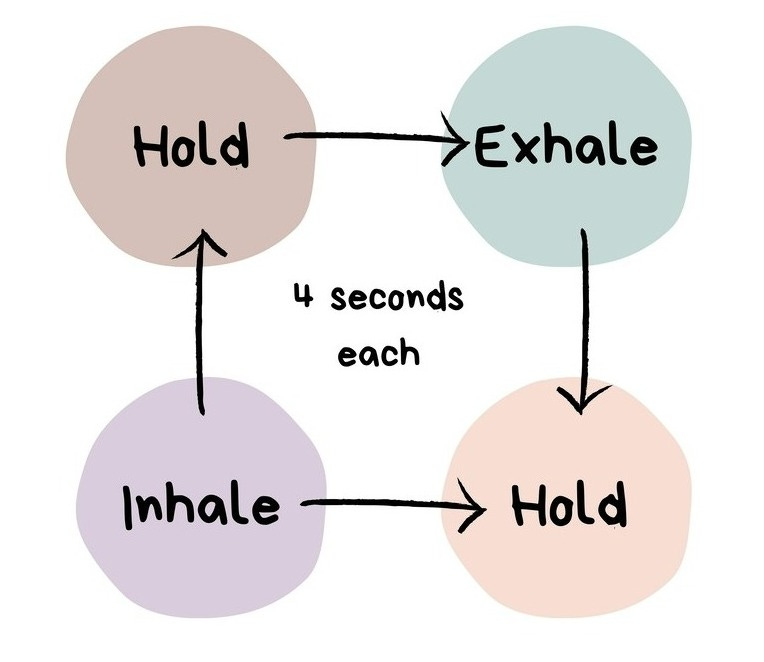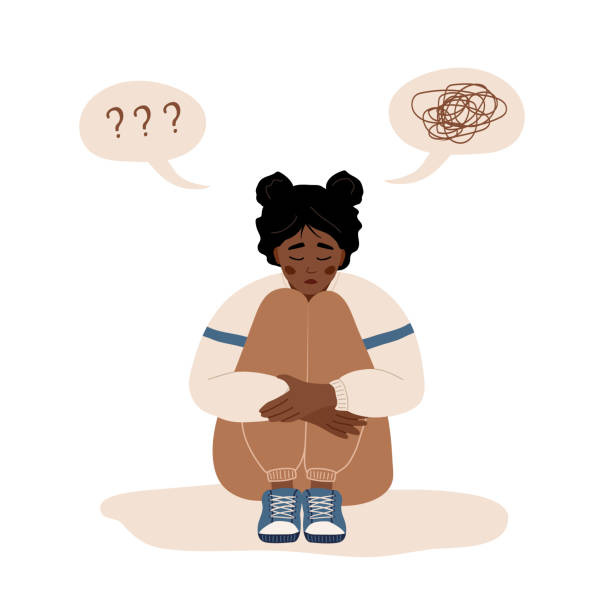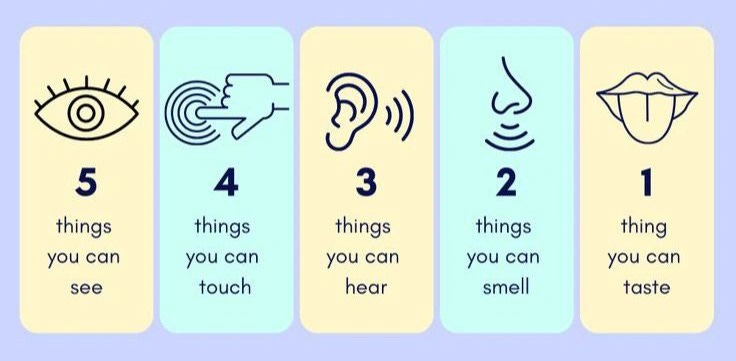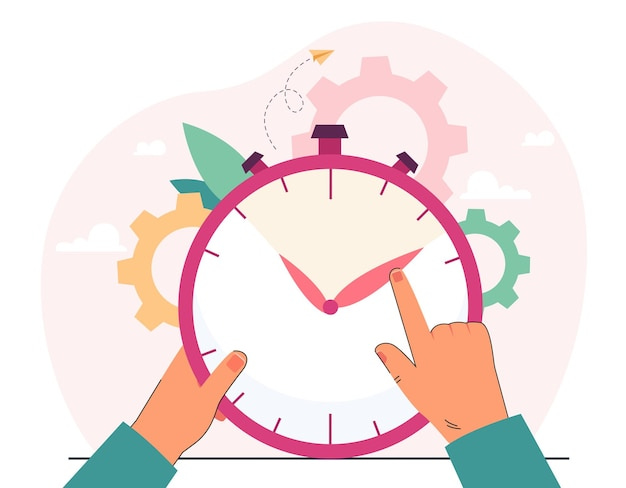The Wait List
What to do when you can’t really do anything but wait
"Waiting is the purifying fire through which we are prepared to meet the divine."
— Henri Nouwen
As a chaplain, when I meet with families in the surgical waiting room, I tell them this time is harder for them than their loved one who is undergoing surgery. This elicits a puzzled look, as they are worried about the patient. However, the patient is being cared for by multiple medical staff in an operating room and sedated under general anesthesia. There is no anesthesia for the family waiting to hear how the surgery went and in some instances, if their loved one is dead or alive. It is a tense time for the family. Every minute can feel like an hour.
Waiting can be agonizing. It highlights our helplessness - there is nothing we can do to impact the outcome. What characterizes the experience is our lack of control to get to resolution faster. Waiting means we are in a state of suspension. In some ways, it is like anticipatory grief, in that we know something is about to happen - but different because the exact outcome is uncertain.
Waiting as Liminal Space
A concept that is helpful to frame this time is that of liminal space. To be in liminal space is to be in between two places or stages, on the verge of transitioning to a new outcome, but not knowing what that will be. Sometimes I think about it as “the already, but not yet.” The Latin origin of the word means threshold. Liminality is akin to existing in a hallway between rooms or a waiting room. We don’t know if we are coming or going or what is next on our path.
Poet John O’Donohue alludes to liminality in one of my favorite books, To Bless the Space Between Us where he writes, “You are in this time of the interim where everything seems withheld. The path you took to get here has washed out; the way forward is still concealed. You cannot lay claim to anything.”
His words remind me of one patient who couldn’t lay claim to anything beyond the present moment.
Living in Limbo
Jack was waiting on a heart. He had been on the transplant list for months and in and out of the hospital for years before that. He was living his whole life in a liminal state. His hopes had been raised a few times, only to be dashed at the last minute. He had “gotten the call” that a heart was found for him twice before, but then it wound up not being viable. When I met him as he was back on the wait list, he told me he was holding on to the adage of “the third time’s a charm.”
He wrestled with how to wait for this change. He told me,
“It’s such a weird place to be in. I’m essentially waiting for the right person to die so that I can live. It’s a terrible thing to hope for and yet it’s all I can do. People at my church are praying for me to get a heart, but I don’t think they realize that means they are praying for someone else to lose theirs. I can’t pray for that; I just pray for one more day. Even that is not guaranteed. My wife doesn’t like it when I say I might not get a heart. I try to talk with her about what to do when I die, but she doesn’t want to hear it. I feel like I’m in limbo – do I plan for my life or my death?”
Everyday Waiting
Waiting is both an ordinary and extraordinary experience - depending on what we are waiting for. Sometimes the stakes are high, as in Jack’s case. Other times it is trivial. Waiting is a thread woven through every moment of our lives, from the mundane to the monumental.
What do you do when waiting in smaller moments? Waiting for the coffee to brew, the meeting to start or the school bus to arrive. What do you do when waiting in line at the grocery store? Do you:
Distract yourself on your phone
Run off a mental checklist of other errands
Talk to those waiting next to you
Curse those taking so long to scan their items
Hum along to the overhead music?
In these everyday occurrences, waiting can be seen as a necessary and momentary displeasure – but some of us might secretly value the pause between activities.
In the larger thresholds of our lives, waiting can be nerve-wracking or exciting – as some of what we await is positive change and other times devastating news. Whether it’s waiting for the outcome of a job interview, test results, or for a loved one to come home from deployment – the emotional aspects of waiting can feel like a rollercoaster.
Many people tell me they don’t know what to do when they are waiting (because there’s nothing really to do) so here’s a guide:
What to Do While You Wait
Keep Breathing
I read a lot of fiction and roll my eyes at some overused literary cliches. (i.e. phrases like “Little did they know” or “And just like that”) But one common trope that I see a lot in novels still holds water for me - “She let out a breath she didn’t know she was holding.” This resonates because it is true. When we are waiting for something, we may not realize that we aren’t breathing deeply.
Learning an in-depth breath meditation practice may be too overwhelming and not practical while you’re “waiting with bated breath” (to reference another tired narrative device). Instead, I recommend trying a simple “Box Breathing” technique. This is so easy, even my kids can do it. You start by inhaling for 4 seconds, hold your breath for 4 seconds, exhale for 4 seconds and hold again. The idea is that you are breathing in a box or square like pattern.
Focus On What You Can Control
Not long ago, I was in the car with my eight-year-old to pick up his best friend for their first sleepover. It was rush hour and the typical 10-minute drive doubled in length. My son became apoplectic with anger at the other cars in our way (and with me for not predicting the traffic). Getting him to do box breathing did not work! He was so excited and did not want to wait even longer. As I tried to validate his emotional response, it also became an object lesson for what we can and cannot control. Waiting is inevitable. Sometimes all we can control is our reaction to the situation we find ourselves in, when what we really want is to change the situation itself.
Screaming at your mom (or doctors or cashiers or anyone who happens to be in front of you) is probably not a helpful coping mechanism. We can control how we interact with others. We can control what comes out of our mouths as well as what goes into them. This may be a time to tap into some self-care practices, whatever that looks like for you.
Say Your Hopes and Fears Aloud
This may seem obvious, but sometimes the simple act of saying what you want or don’t want to happen can give some relief to the moment.
For some, this might come out as a prayer or a mantra. For others, it might be the naming of a feeling. Whatever the expression looks like, it is about externalizing your thoughts and feelings to give you a deeper understanding of yourself. This may help you connect to those around you (provided they are good listeners) and/or the divine.
One phrase I hear over and over in the hospital when people are waiting is “We are hoping for the best and preparing for the worst.” In some ways, I think this is like a prayer, acknowledging the duality of the situation, even if we don’t know the exact outcome in either direction. It can be difficult to repeat this as a mantra if we don’t know how exactly to “prepare for the worst” but some might find it a helpful mindset.
Anchor to the Present Moment
When we are waiting, we may wish we could jump forward in time to when we will have resolution, whatever that looks like. Or perhaps we are stuck in the past, replaying the events that led up to our current situation. Either way – it is hard to be present in the moment.
Eckart Tolle reminds us "Waiting, as a state of mind, is like a state of suspension where we are fixated on the future and missing the present. Life is available only in the present moment."
That is a lovely sentiment, but how do we obtain this type of mindfulness when our world is upside down?
One practice that helps in a crisis or when anxiety abounds is the “5 Senses Exercise” or sometimes referred to as the “54321 Grounding Technique.” It is about paying attention to what is happening right now. You notice and name the following things around you:
5 things you can see - 4 things you can touch- 3 things you can hear- 2 things you can smell- 1 thing you can taste
The hope is that as you connect to your environment, you will calm down and ground into the here and now.
Distract Yourself
This may seem like contrary advice to what I just advised above, about remaining in the moment, however both can be beneficial in different ways.
A mantra I hear a lot is “We will worry when there’s something to worry about.” Or it’s cousin “we will cross that bridge when we get to it.” At first blush, this could sound like denial, but depending on the situation, it could prove useful. Sometimes when we are waiting, we don’t have all the information yet. We may know that a change is coming, but we don’t know what it will be. What the test results will indicate, what the college letter will say, what the phone call will tell us.
I say this as someone who worries A LOT – sometimes it doesn’t help us to overthink things. When we cannot fix the situation and are waiting for pivotal information, it may be best to not think about it. Of course, this is easier said than done. But sometimes taking our mind off our suffering can give us a much-needed reprieve. Whether it’s engaging in service to others or delving into a favorite hobby, we can channel our nervous energy into something that will benefit ourselves or others.
This is where movement might also be something to explore. Whether it’s pacing back and forth or going on a walk to clear our heads – engaging in physical acts can help some of us get out of our heads and settle our bodies.












These are excellent suggestions, especially in pastoral care settings. I am 76, married, have two sons and two young grandchildren. When I muse about my life, I sometimes wonder how many thousands of hours I have spent waiting. One other suggestion is specifically for those attempting to nap in a surgical waiting room or for insomniacs. Sometimes it is called the 'Foxhole' breathing technique for combat military. One breathes in deeply for 4 seconds. Then hold your breath for breath for 7 seconds. Then exhale strongly for 8 seconds. It's amazing how quickly you start yawning and feeling more relaxed.
I use a meditation technique involving mental transportation to one of my two "sacred spaces" depending on the situation. For years, one space has been on the back of the last horse I owned cantering across a snow-covered field on a sunny winter's day. That works well when there is expectation of physical pain as in a visit to the dentist or waiting for a minor surgical procedure involving sutures of which I have had many.
The other, which is better for waiting during periods of concern for others' well-being, is an early morning on the Camino de Santiago. I was walking in a valley as the sun was rising, and the natural beauty of it brought tears to my eyes.